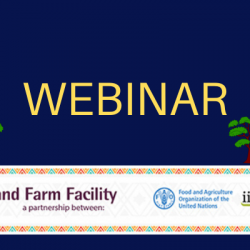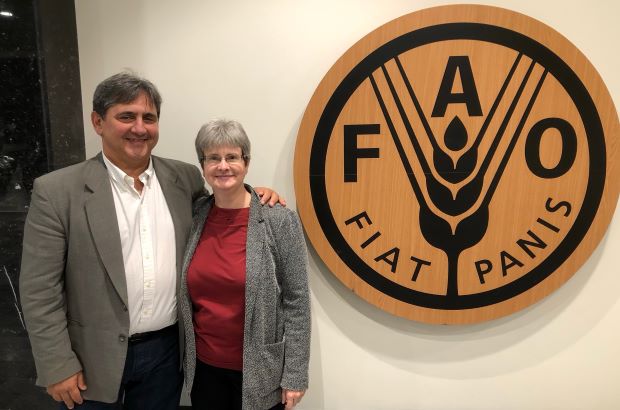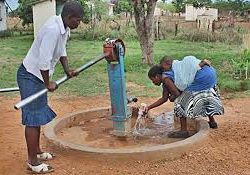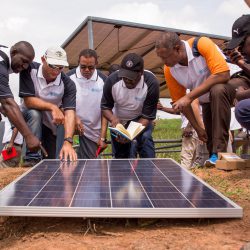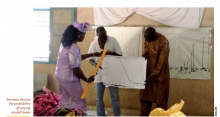Sharing & Learning : What we grow together counts (webinar)
What we grow together counts: Using a tree inventory in planted forest for business planning and development. The case of Tree Growers Association of Nyandarua (TGAN), Kenya Wednesday, 20 May 2020 (13hrs -14:30 hrs. CEST/GMT+2) Background The Forest and Farm Facility (FFF), together with FAO partners, supports Forest and Farm Producer Organizations (FFPOs) in the development of their businesses. In so doing, it enables smallholders to engage in the business

